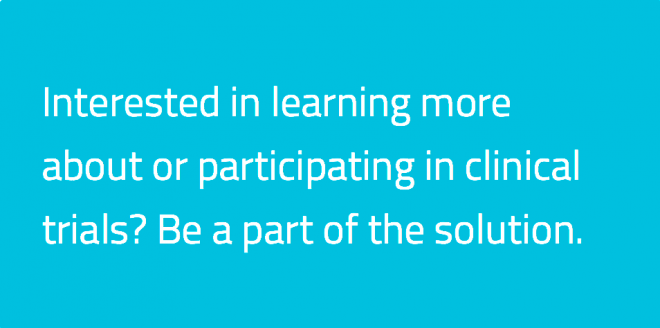Can ATG Delay the Onset of Type 1?
On June 25, 2018, TrialNet announced some promising primary findings from the first year of their two year study on ATG and GCSF. These primary findings suggest that “low dose ATG preserved beta cell function and improved insulin production.” This trial was based on a pilot study that suggested that ATG in combination with GCSF has the potential to preserve insulin production for more than a year for newly diagnosed people with type 1 diabetes (having been diagnosed less than two years before treatment).
Type 1 diabetes is an autoimmune disease in which T cells attack beta cells, which are the cells in the pancreas that produce and secrete insulin in the body. In type 1 diabetes, not enough insulin is produced because these beta cells become compromised. This degradation of beta begins before diagnosis and usually continues after diagnosis. In fact, an estimated 10-20 percent of beta cells remain functional on average at time of type 1 diabetes (T1D) diagnosis.
Thymoglobulin (ATG) is an immunosuppressant drug that has been used to treat many autoimmune disease other than type 1 diabetes. Currently, thymoglobulin is widely used to avoid rejection during kidney transplants. Pegylated granulocyte colony stimulating factor (GCSF) is a medicine that boosts white blood cell production and is used in combination with chemotherapy in cancer treatment—it helps reduce risk of infection, which is the job of white blood cells.
In this study by TrialNet, researchers wanted to see if insulin loss could be stalled if some combination of ATG and GCSF was taken by those who had been diagnosed within 100 days of starting treatment. At one year out, the researchers have promising findings: at low dosages, the immunosuppressant drug (ATG) taken without GCSF does preserve beta cell function, which are the pancreatic cells that produce and secrete insulin. Additionally (and probably therefore), insulin production also improved. A1C levels were also significantly reduced for those in the study that were just taking ATG, which is an indicator of better blood sugar control. Those that took both ATG and GCSF together did not see these benefits.






